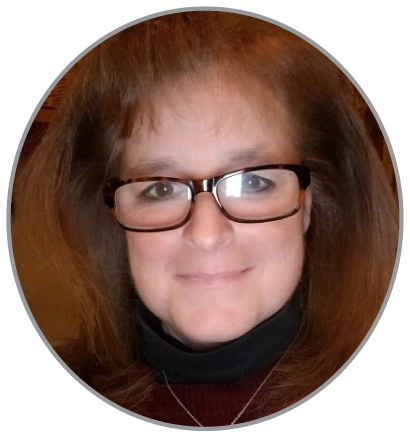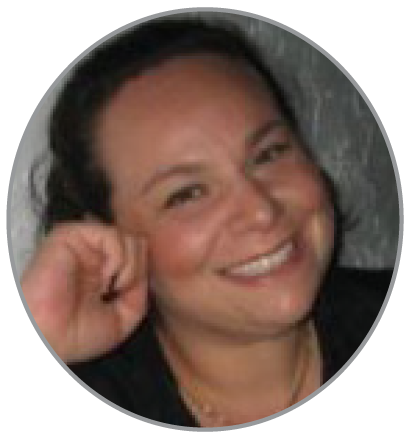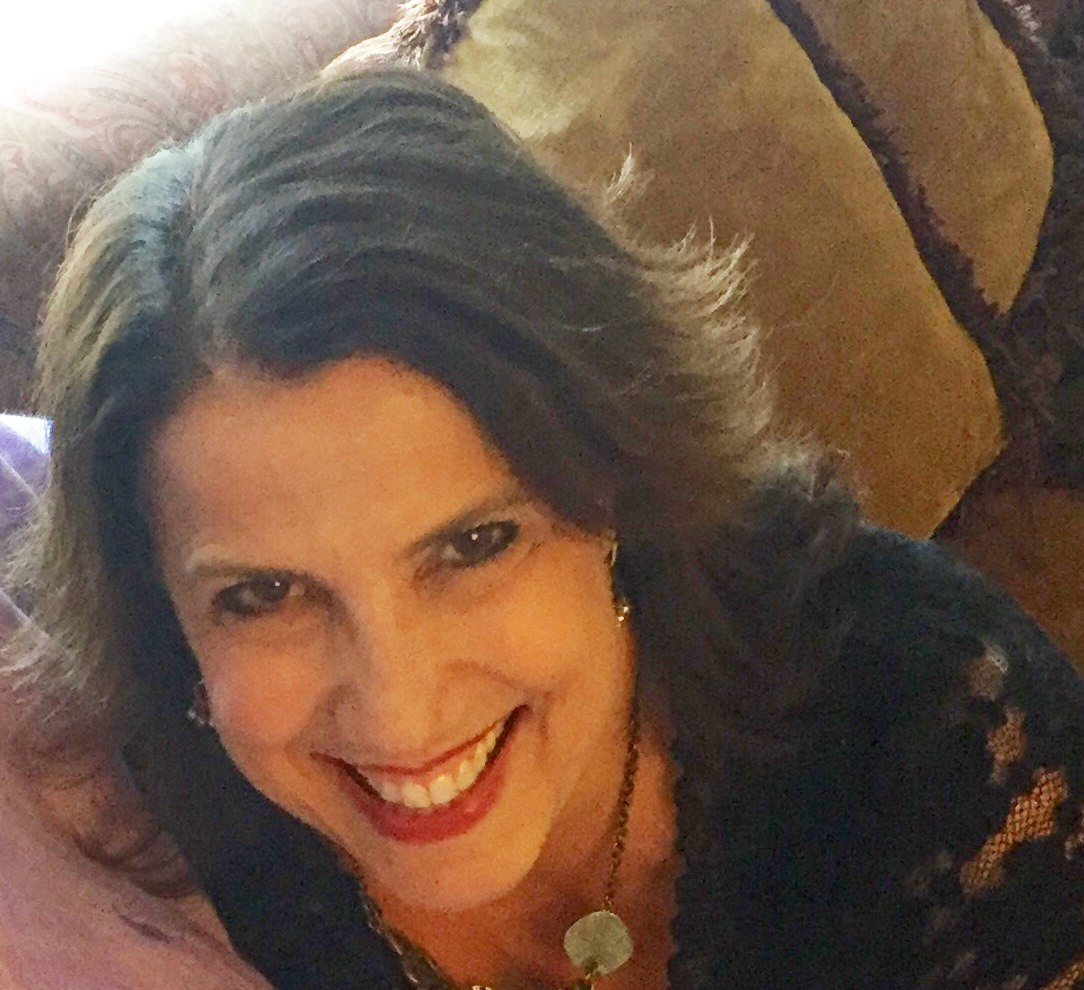We are following school leaders as they lead their school communities through a year of rebuilding after the disruption of the pandemic the year before. While their schools, locations, and experiences are very different from each other, they share a strong, schoolwide commitment to social and emotional learning and to supporting student and teacher success. This month four school leaders reflect on the first months of the school year and set goals for the new year.
Starting the new year is a natural point for reflection. As you look back over the first few months of the school year, what growth in SEL are you celebrating in your school community?
Leslie Paynter: We could not do our important SEL work without buy-in from all of our staff. We believe this work is the foundation for not only our students’ social-emotional growth but for their academic success as well. Therefore, the administrative team made it a high priority and invested time and finances by having all of our teachers attend the four-day Responsive Classroom Elementary Core Course at the beginning of the school year. This has been critical for ensuring that every teacher has the training to effectively implement Morning Meeting and other Responsive Classroom practices. It is difficult to describe accurately the joy I feel knowing that in every classroom our students and staff begin their day with Morning Meeting and our students feel safe and valued.
During Project Work (Project-Based Learning), all our students have been learning about communities and different cultures through an empathetic and service lens. Our students and staff have truly embodied kindness by finding ways to give back to our community by having a canned food drive for a local food bank, donating gifts to our students in need, and collecting nonperishable food items to start a weekend food closet for our economically disadvantaged families.
Debra Berndt: As a school community we have prioritized Morning Meeting, quiet time, and mindfulness as ways to support our students and their SEL needs. We have built in Academic Choice when appropriate to provide students with ownership and choice to help each child feel engaged and in control at times throughout their day. We also started our year with each child writing hopes and dreams to guide the work of the year.
Trey Veazey: I am really pleased with our efforts to create multiple connections for students and families. Coming on the heels of the social distancing prime, we knew our work this school year had to focus on closing the gaps created by that physical and metaphorical distance. Welcoming families back onto our campus and, in some limited capacities, back into our buildings has quenched a thirst. Parent involvement is generally a hallmark of independent schools, and seeking out opportunities for touchpoints has been at the top of my list this year.
Aliza Kadish: There was 100 percent faculty buy-in to the Fly Five curriculum before we decided to adopt the program. We are celebrating different wins with each teacher. In kindergarten, for example, students are using range of emotions language to describe their feelings. Mindfulness language is used with all students in all classes, from the yoga studio, to the PE court, and to the classroom.
In the new year, are there any changes or new directions for your SEL hopes and goals for your school?
Leslie Paynter: We hope to improve our students’ positive self-esteem and growth mindset. Many of our students are being too hard on themselves trying to be perfect, or some lose it when something doesn’t work or go their way. We want to focus on how all of us, children and adults alike, make mistakes and that it’s okay to make a mistake. And when we make a mistake, we need to own it. Being held accountable and receiving a logical consequence does not make us a bad person or student. Mistakes help us learn and grow.
Debra Berndt: In the new year it is important for all of us to recall that both students and adults may need some time to revisit expectations, rules, procedures, and routines so that we feel refreshed and are ready to tackle the second half of the year. This will require teachers and staff to revisit rules and routines as a matter of practice rather than waiting for students to struggle. We work to remain on the proactive side of things as much as possible.
Trey Veazey: There is always room for improvement, right? Because our student body has not really been able to gather together as we used to do, I certainly have felt that there is a disconnect between the idea of our community and our acting as a community. Of course, this is compounded by the historic enrollment that we have had over the past two years. In 2022, I am hopeful that we can reset how we think about the culture in the Lower School and work to create chances for those students to identify what qualities define the Lower School at Walker and how we can fulfill those roles. A sense of pride and community engagement is such a large contributor to a child’s development.
Aliza Kadish: The Fly Five curriculum is new to Beacon Hill this year, and each teacher is working with their team and administration to use curriculum to address areas of student need. We are seeing common language start to make its way into students’ and teachers’ everyday language, which continues to be a goal for us all.
What is something you have learned so far this school year about implementing SEL change in your school community?
Leslie Paynter: At ACS we truly focus on and believe that social-emotional learning must be a priority. The coronavirus pandemic has brought mental health to the forefront, and our students, staff, and families truly need support. Because this work is so important, our SEL/empathy time is embedded in the school day, along with our classroom guidance lessons.
Due to added stress from the pandemic, our administrative team has worked to give additional support to our teachers by providing extra planning time and hiring teacher assistants. We also encourage the staff to advocate for themselves and practice self-care. Ensuring that we take care of our staff’s emotional and mental health is extremely important.
Debra Berndt: Implementing SEL change is work that needs to be consistent day after day. It is work that we believe in and see the benefits in our students’ success. SEL supports are truly rooted in developing sincere and deep relationships with our students, families, and each other. Our Morning Meetings and student conferences help us to meet this goal.
Trey Veazey: I recently read an Adam Grant quote that said, “Clarity is communicating your priorities. Reliability is delivering on your commitments” (Grant, 2021). Leading the SEL charge requires so much, but this quote really pulls the curtain back for me, reminding me of the simplicity of exactly what needs to be done. Communicate the priorities. Deliver on the commitments. Students and teachers are depending on me, and this perspective has helped me keep my perspective aligned with our goals.
Aliza Kadish: As with any new implementation, teachers need to feel grounded and comfortable to be successful. The Fly Five curriculum is designed with the awareness that in order for students to develop social and emotional skills, teachers have to be ready to work with their class on the skills. Through coaching, the administration has supported teachers at the level they need to be able to apply the curriculum. In addition, we have learned to celebrate small successes for teachers and for students.
Is there anything else you would like to share about SEL in your school community?
Leslie Paynter: As the lead administrator, I am truly blessed to have an administrative team that has the same philosophy and values about children and SEL. Their support, excellent work ethic, and positive attitude are why ACS can successfully implement and meet our social-emotional learning vision and goals. They also make work more pleasant and fun! Thank you, admin!
Debra Berndt: I am collaborating with our Parent-Teacher Organization to present Responsive Classroom ideals and the focus on SEL to parents this spring. I began this work prior to COVID-19’s arrival and I’m now returning to it. Our parents are aware of our Responsive Classroom work and see the benefits. I look forward to growing their knowledge and deepening their understanding of the role SEL plays in our work and approach using Responsive Classroom.

Debra Berndt—Principal, Birchwood Elementary School, Niskayuna, NY

Aliza Kadish—Principal, Beacon Hill Preparatory School, Miami Gardens, FL

TreyVeazey—Assistant Head of Lower School, The Walker School, Marietta, GA

Leslie Paynter—Managing Director/Principal of Alamance Community School (ACS), Haw River, NC
